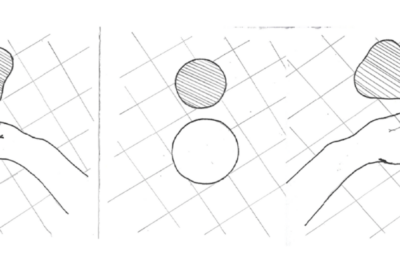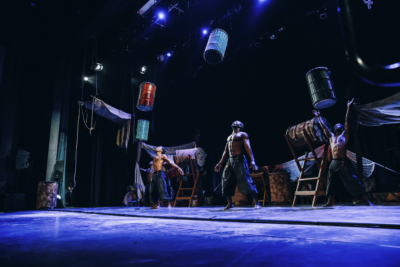Telling tales of military conscription, community humiliation, imprisonment and mob violence at the hands of a war-minded nation, the exhibit “Voices of Conscience: Peace Witness in the Great War” celebrates the memory of conscientious observers during World War 1. The Good Library Gallery formally opened the historical exhibit to the public in a reception on Feb. 18.
The gallery space is filled with installations documenting numerous instances of peaceful resistance from 1914-1918. The legacies of Hutterite martyrs, political protesters and “sectarian separatists” document the impact of resistance. Provocative quotes and text documents evoke moral questions, and large scale graphics invite the viewer into the historical setting.“Voices of Conscience: Peace Witness in the Great War” seeks to expose viewers to a side of war that is rarely acknowledged. One of the goals of the exhibit is to suggest parallels between the WW1 era and the cultural themes of violence in the world today. Quotes such as “Militarism can never be abolished by militarism” and “I love my country but I cannot vote for war” suggest sentiments echoed in modern society.
The exhibit was born out of a realization by the WW1 museum in Kansas City that there was no exhibit recognizing the important role of peace protesters in the war era. A collaboration between various colleges, religious groups and other resources allowed for the Kauffman Museum to prepare this presentation for the WW1 centennial anniversary. The program was funded through a grant from Indiana Humanities.
John Roth, professor of history, noted that this exhibit was a long time in the making, and he is pleased that it has landed at Goshen. Roth, alongside Communication Professor Duane Stoltzfus, was part of an early planning committee working with the WW1 museum toward a recognition of the impact of peace protesters for the WW1 centennial.
“This exhibit helps to keep alive the memory of those who courageously spoke out against militarism,” Roth said. “We are most patriotic when we speak our convictions clearly and freely.”
A dramatic presentation on behalf of the exhibit is scheduled for March 28, at 7:30 p.m. in the Umble Center. The exhibit opened Feb. 16 and runs until April 8, when it moves to its next location in Elizabethtown, PA.


